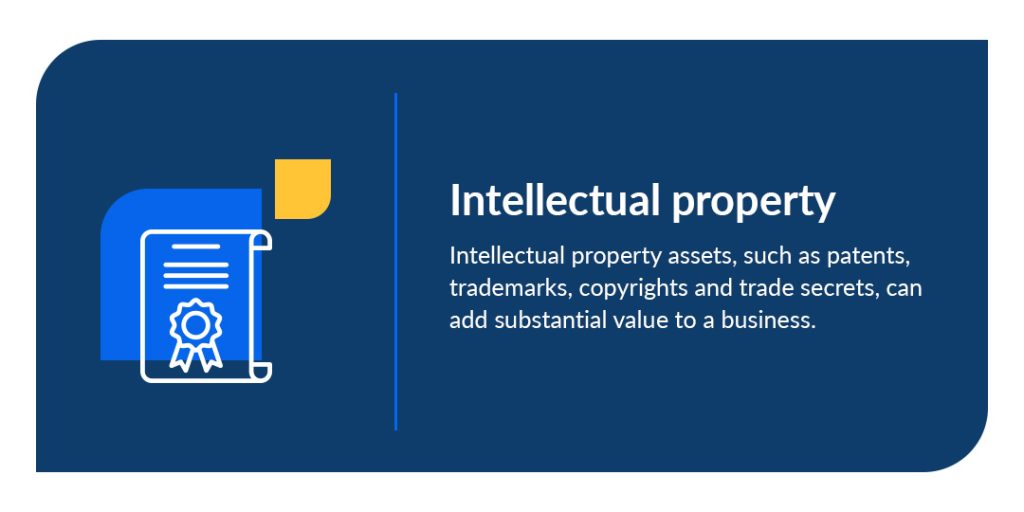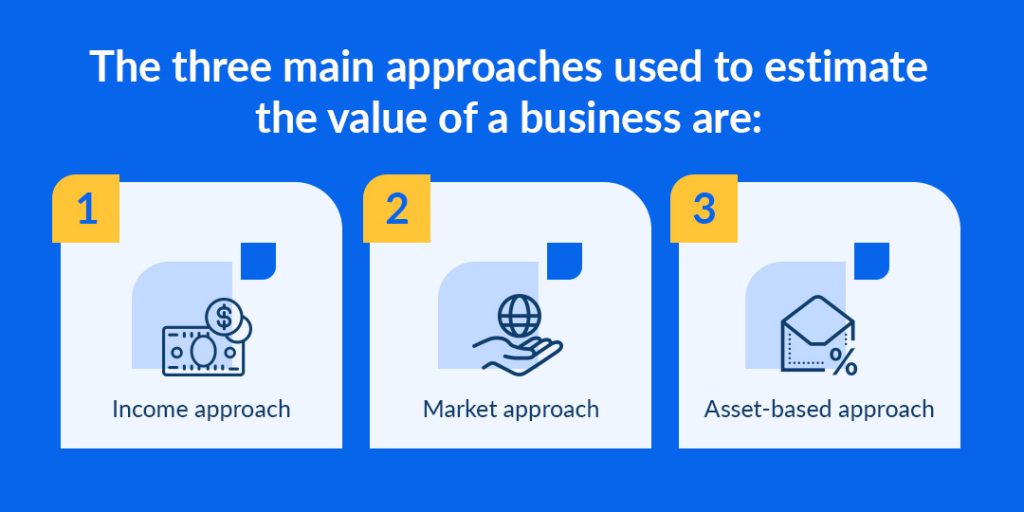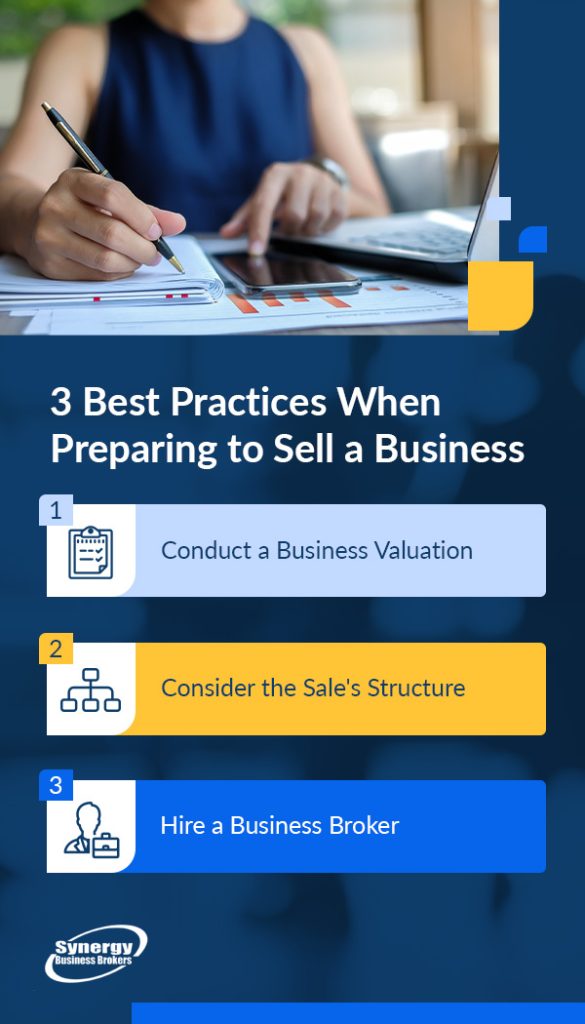
Blake Taylor
What Is the Best Way to Sell a Profitable Business?
Selling a profitable business is one of the most significant financial decisions you can make as a business owner. A …
7 MIN READ
Read More

Determining the worth or value of a business is a critical step in various scenarios, including buying or selling a business, securing financing, attracting investors, or assessing the overall health and performance of a company. Ascertaining the true value of a business can be a complex and multifaceted task, influenced by a multitude of factors. Fortunately, with the right knowledge and strategies in mind, you can establish how much your business is worth and make an informed decision moving forward.
Ultimately, a business sells for the price someone is willing to pay for it. However, many factors contribute to that final sale price, meaning different kinds of companies sell for vastly different prices. The value of a business is typically determined by its financial performance, growth prospects, market conditions, industry trends, competitive landscape, and other relevant factors. A comprehensive professional valuation is required to determine the accurate value of any business.
While the specific factors may vary depending on the industry, market conditions, and individual circumstances, here are some key elements that typically make a business valuable:

Calculating the value of a business involves a comprehensive analysis of various factors, financial data, industry benchmarks, and valuation methodologies. While it’s crucial to seek assistance from a professional business broker, the three main approaches used to estimate the value of a business are:

For many business owners, determining the value of their company is a complex and sometimes emotional process. The good news is that understanding what to expect can make determining a business’s worth more straightforward. If you know what mistakes to avoid, you can make the transition smoother:

For most business owners, selling a business is a major decision — it is the most important one they will make in their careers. As a result, preparation is a fundamental part of the process. By conducting a comprehensive business valuation, considering the structure of the sale, and hiring a professional business broker, you can set yourself up for a more successful, smoother transition.
Establishing the value of your business is necessary before you sell. One of the top mistakes business owners make when they decide to sell is asking the wrong price, whether asking too much based on emotion or asking too little due to guesswork. With a professional valuation, you can take all aspects into consideration, from your business’s current condition to the state of the market, to determine a fair and accurate price. Consult with a business broker to put together a representative business valuation.
While it is essential to understand how much your business property is worth, alongside its assets, income and market value, you should also consider the structure of the sale. Even if a company is priced appropriately, deals can fall through if the parties involved fail to evaluate all terms and possibilities. Try asking yourself the following questions as you prepare to sell:
Once you have an idea of how you would prefer to sell your business, you can move forward confidently.
Depending on your level of expertise, you may feel inclined to try to sell your business independently. This approach might be appropriate for more seasoned entrepreneurs who have sold multiple past businesses, but it is not typically recommended for business owners preparing for their first sale. In addition, many business owners who have sold previous companies often use business brokers because of the network of buyers they have access to and their skills in negotiation and keeping the sale confidential. Many people, including business brokers, financial advisors, lawyers, and other professionals, are essential to creating the smoothest transition possible.
In particular, business brokers offer a wealth of mergers and acquisitions expertise and can assist you in the sale of your company. While you should expect to pay a fee for their services, particularly when your business sells, you can expect a reliable partner to guide you through the process in return. Business Brokers are usually able to get you a higher price for your business, which more than makes up for the fees that are charged. As you look for a business broker, ask colleagues for referrals, review past client testimonials and conduct several interviews to make an informed decision.
Keep in mind that the work is not done once you find a business broker. Even though they will help you find buyers and negotiate the sale, it is still up to you as the business owner to represent your company well. Stay engaged throughout the process, showcasing your passion for the business and assuring potential buyers about their decision. In addition, you will want to feel comfortable with the buyer who will take over your company.
Whether you are retiring or simply want to move on to a new venture, understanding the value of your business is fundamental. However, determining that figure requires the right professionals. Valuing a business is a nuanced and intricate process that requires comprehensive knowledge of financial, operational and market dynamics.
Synergy Business Brokers is one of the top 10 business brokers in the United States. Since 2002, we have helped sell hundreds of companies in industries ranging from technology to construction to healthcare and established an extensive database of more than 40,000 buyers. All our brokers work with a small number of businesses at a time, dedicating individual attention to each client and creating a customized approach.
We can provide you with an accurate business valuation and find you the right buyer for your company. Ready to get started? Get a valuation from us at Synergy Business Brokers today.
